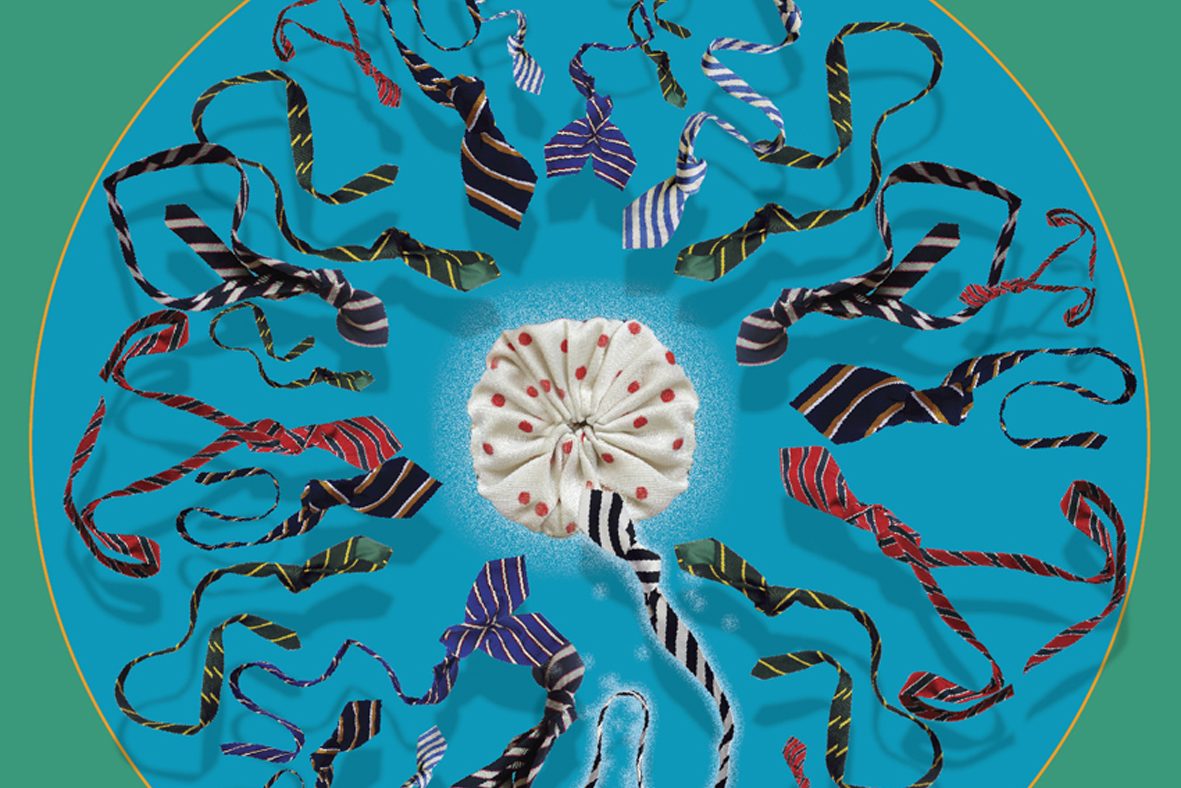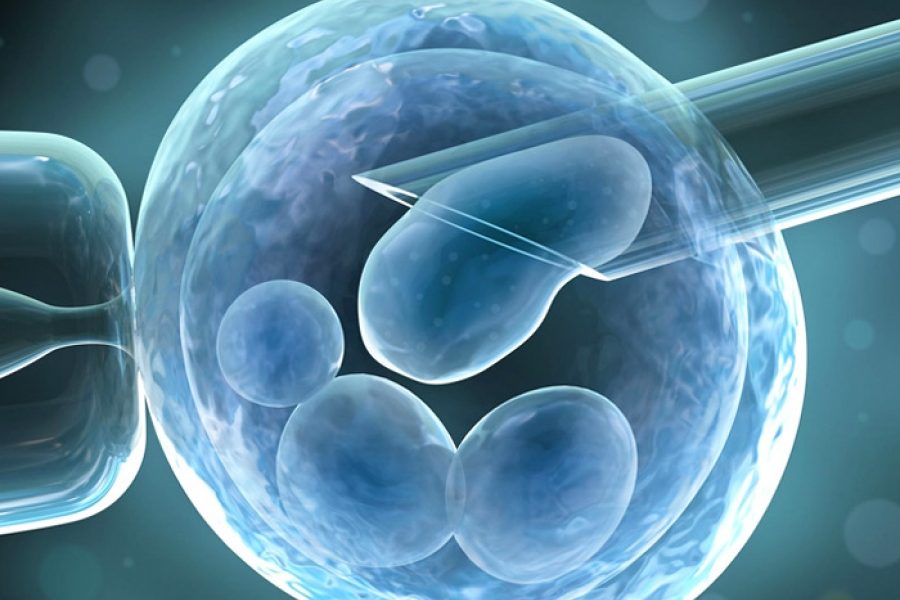The purpose of CISoR
The ultimate aim is that the centre will help bring organisations to Kent that may want to engage in other activities related to or even beyond the remit of the centre. We continue to work with KIE to maximise opportunities in this regard. Central to the mission of CISoR is the premise that a unified centre under a single banner will be greater than the sum of its parts. The key added value of CISoR is thus that it will both nurture and encourage existing activity (promoting the activities in audiences that they would not ordinarily reach) while providing the environment for exciting new ideas with an emphasis on the cross-disciplinary endeavour.
Reproduction can be defined as the process of an organism or species perpetuating its genetics to future generations. The study of reproduction spans numerous academic disciplines e.g. medicine (clinical and veterinary), scientific research (genetics, cell biology, biochemistry, endocrinology, physiology), imaging, agriculture, conservation, public policy, ethics, law, sociology, anthropology, history, cultural studies, technology development, literature, art and psychology. The purpose of the Centre for Interdisciplinary Studies of Reproduction (CISoR) is to take full advantage of the multidisciplinary nature of this field, providing a hub for research, education, enterprise, knowledge exchange and impact at the University of Kent. CISoR activities thus provide an outward facing, unified “brand” for the University, focussed under the banner of healthy reproduction. There are three priority areas of study:
Assisting human reproduction
E.g new technologies for IVF, genetics and imaging; the legal framework surrounding assisted reproduction; how we formulate policy to deal with new technologies; opinions and changing attitudes towards IVF; public debate surrounding IVF; how the study of IVF informs us about early human development and disease; how we identify individuals involved in making decisions about reproductive science; what sort of decisions should be made and why; the moral authority of decision makers and the legitimacy of ethics committees; cross-border reproductive travel; ethico-legal framework surrounding reproduction in developing countries.
Variation in human reproduction
E.g new technologies for IVF, genetics and imaging; the legal framework surrounding assisted reproduction; how we formulate policy to deal with new technologies; opinions and changing attitudes towards IVF; public debate surrounding IVF; how the study of IVF informs us about early human development and disease; how we identify individuals involved in making decisions about reproductive science; what sort of decisions should be made and why; the moral authority of decision makers and the legitimacy of ethics committees; cross-border reproductive travel; ethico-legal framework surrounding reproduction in developing countries.
Non-human reproduction
E.g. the biological mechanisms and control of reproductive processes (e.g. gametogenesis), and when they go wrong, using model species; understanding the genetic basis of reproductive (and production) traits in domestic farm animals; animal IVF as a means of improving food production and conservation; reproductive isolation in natural populations, reproductive strategies of non-human primates; sexual conflict and coercion in wild populations.

